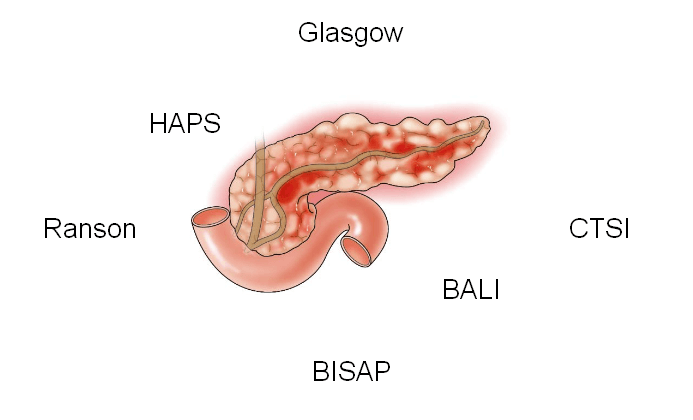Modified Glasgow-Imrie Score Severe pancreatitis likely: 3 or more of the following within 48 hours of symptom onset Mnemonic: PANCREAS Mnemonic Criteria Positive when P PaO2 <60 mmHg A Age >55 years N Neutrophils (WBC) >15,000/cu.mm C Calcium <2 mmol/l R RFT (Urea) >16 mmol/l E Enzyme (LDH/AST) LDH >600…
Tag: Pediatrics
Section Editor: Dr. Sujit Kumar Shrestha, MD Pediatrics, Fellowship Neonatology
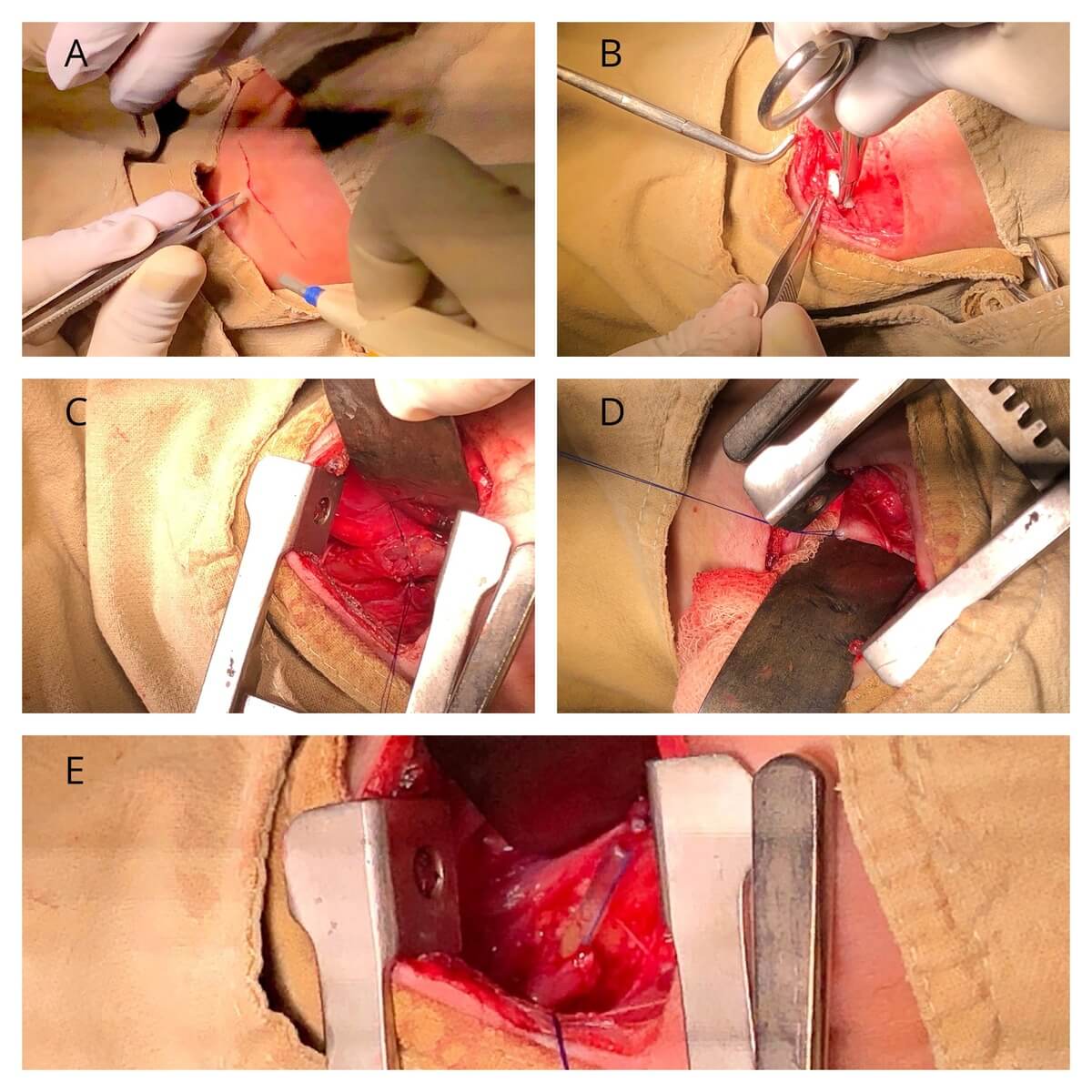
A case of EA/TOF (esophageal atresia/tracheoesophageal fistula)
Case summary A female neonate was born via emergency cesarean section at 36 weeks of gestation. The indication of LSCS was polyhydramnios with fetal bradycardia. The birth weight of the neonate was 1700 grams following which the baby was shifted to NICU for observation. I, as a surgical resident was…
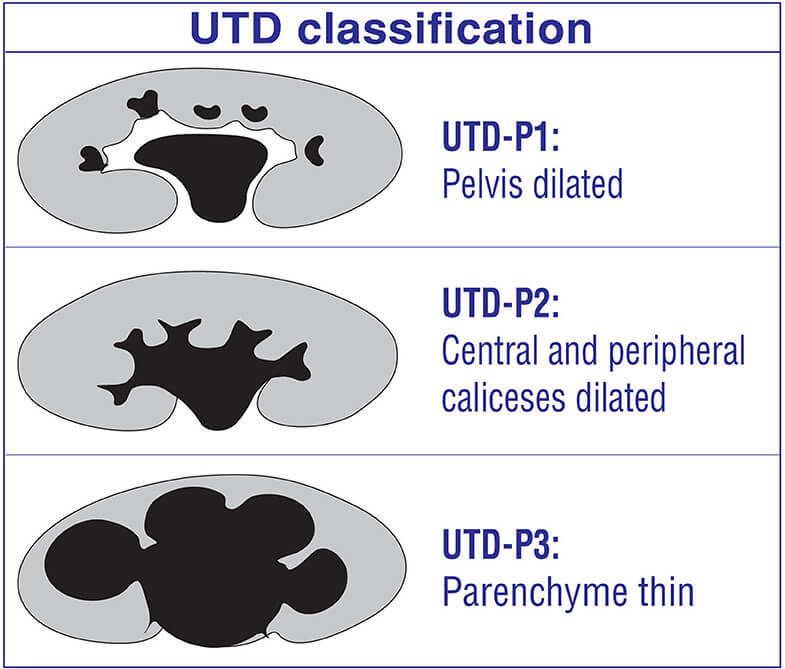
Approach and management of pediatric hydronephrosis
Pediatric hydronephrosis is a broad term and encompasses various spectrum of disease. It can be broadly classified into: Antenatal hydronephrosis (ANH) It accounts for 1-3% of all pregnancies (Shamshirsaz et.al;2012) and the incidence will continue to rise due to increase use of prenatal ultrasound scan. USG is the mainstay of…
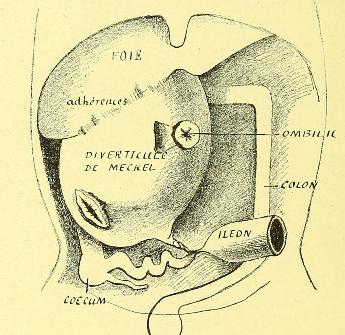
Meckel’s Diverticulum : Rule of 2
General description Rule of 2s 1. Occurs in 2% population 2. Symptomatic cases are 2 times more common in males 3. Located within 2 feet proximal to ileocecal valve 4. 2 inches long and 2 cm diameter 5. 2 types of ectopic mucosa: gastric and pancreatic 6. Symptomatic only in…
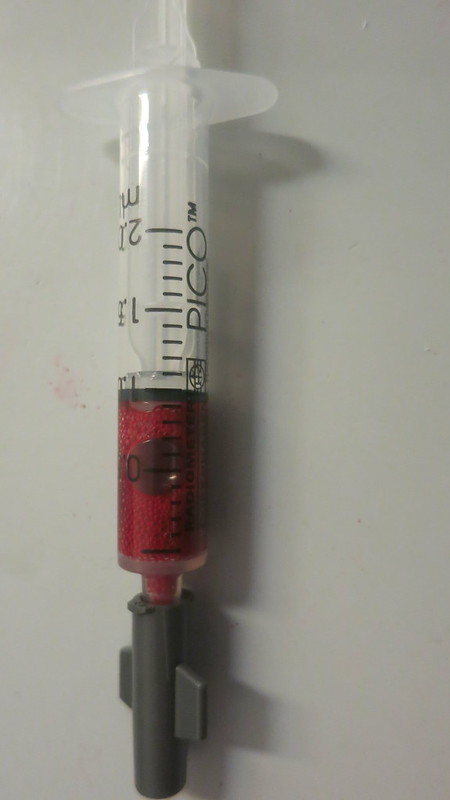
ABG Interpretation Made Easy
Normal values Step 1: pH Step 2: pCO2 Step 3: HCO3- Step 4: Determine compensation If there is metabolic acidosis or alkalosis, determine if there is appropriate respiratory compensation: No respiratory compensation: Expected pCO2 = Measured pCO2 Respiratory compensation: Expected pCO2 ≠ Measure pCO2 Step 5: Delta ratio ΔAG /…
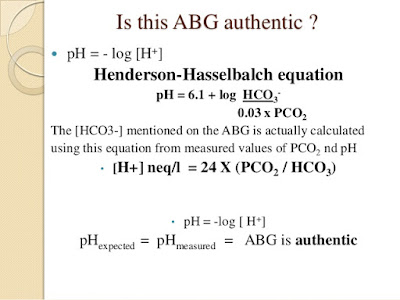
How to check an Error in ABG ? ABG analysis
Sometimes, clinicians might find ABG result not matching with the patient condition. These results might arise from technical errors in machine and there are certain points which can be used to check the error. How to Check whether ABG result is Right or has Error? X= 24X PaCO2/HCO3 Y= 80-…
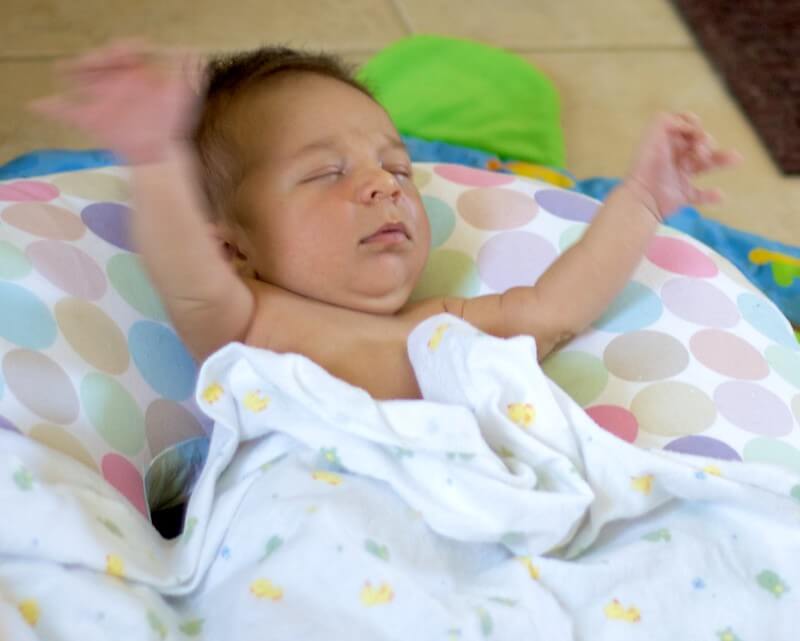
Eliciting Primitive Neonatal Reflexes
Neonatal reflexes are the reflexes which are present at birth and have a predictable course of appearance and disappearance. A normally developing newborn should respond to certain stimuli with these reflexes, which eventually become inhibited as the child matures. The list of reflexes that can be elicited in normal newborn…

Diet Assessment in Pediatrics: History taking skill
As a part of history taking, Dietary assessment becomes an important part of pediatric history. As childhood is the age of rapid growth and development, any lag in diet and nutrition will manifest with long-term effects if not addressed in time. One of the common nutritional manifestations is Stunting, which…
